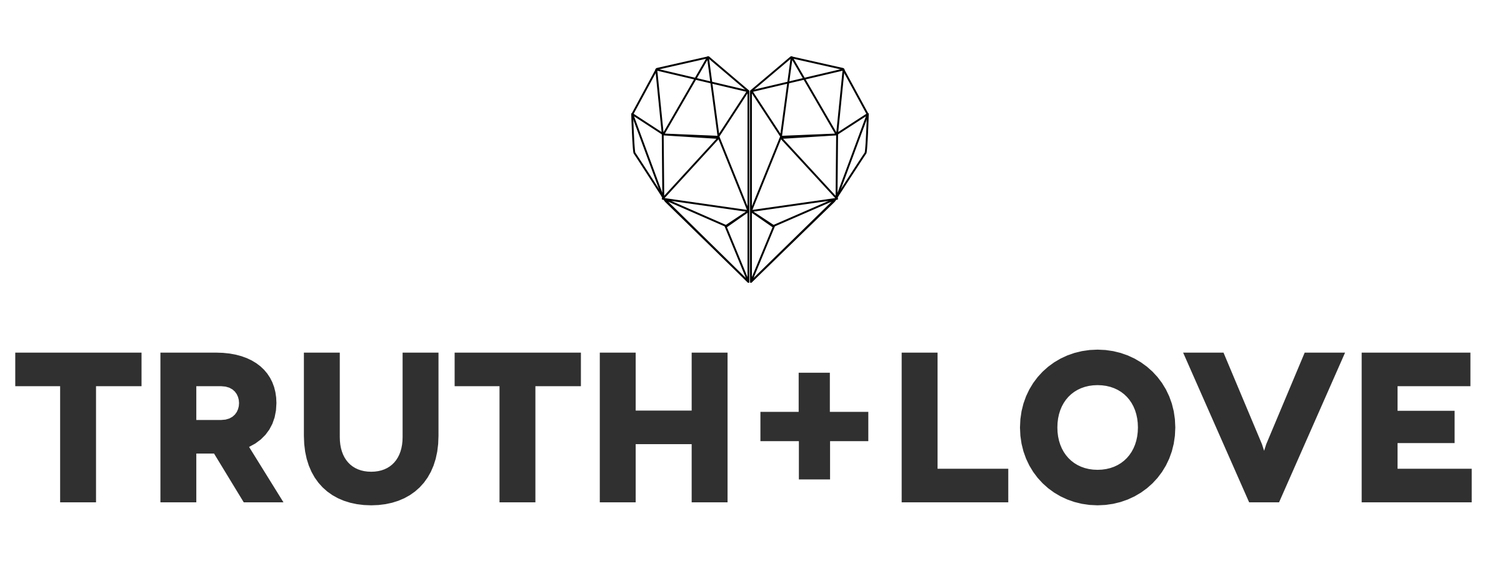When "I" Is In The Wrong Place
This was a piece written for The Mudroom Blog.
Eighth grade was a pivotal moment in my educational career. It was when I learned that I wasn’t a big deal. I was a good student and I worked hard, especially in my Honors English class. My teacher was sophisticated, regal, and poised. She challenged me to be more clear and articulate in my communication and expected great things from me. I wanted to make her proud.
In the Spring of that year we were assigned our first research paper which counted for 30% of our grade. The assignment was to select three people of influence and find a common thread of connection between them. I selected John Walsh (America’s Most Wanted host), Joni Eareckson Tada (a paraplegic artist and motivational speaker), and Anne Frank (Holocaust survivor). I spent countless hours thinking about how I would weave these stories together, but my thoughts didn’t translate into action.
Procrastination took over.
I woke up early the morning the assignment was due to finish typing my paper. I did a final skim and one last spell-check. It irked me seeing the screen littered with words underlined in red. I printed my final copy and loaded my backpack. I didn’t think about it again until the day we got our grades.
That was not a good day. The letter written on my paper was one I had never seen on any of my work. A bold capital D. The people pleaser and perfectionist in me wanted to hide. I was embarrassed and felt like a failure. I sheepishly tried to exit the classroom without my teacher noticing. It didn’t work.
“Connie, may I speak with you?”
My muscles stiffened and I tried to appear brave. Inwardly I was shriveling,
“I was disappointed when I read your paper. Misspelling the name of one of the main subjects, is a display of carelessness. I expected better.”
With head hung low I escaped the conversation and plopped down on a nearby bench. I took out my paper to see scores of red circles. The name Joni (Eareckson Tada) had been spelled Join throughout the entire paper. I flashed back to earlier that morning when I was rushing to print my paper and did one last spell-check. Every Joni had been changed to Join. My procrastination led to carelessness.
I had put “i” in the wrong place, and it was a detrimental mistake.
I vowed to not make that mistake again. Lack of planning makes way for carelessness, and carelessness begins to affect the things that actually matter a great deal.
This scholastic train wreck happened at age thirteen. I am now thirty-nine. This memory has stuck with me for twenty-five years and has taught me important life lessons. It initially taught me about procrastination. It is now teaching me about self-care.
This older version of me struggles with self-care similar to how the younger version of me struggled with procrastination. When “I” is in the wrong place, and things are out of order, problems arise.
In a conversation with a trusted friend, I reported my heightened levels of weariness and fatigue. My confession was met with a thoughtful question.
“You are pouring out time, energy and care into your kids, your marriage, in ministry and friendship. That is a lot of emptying without much filling. Who is pouring into you?”
I fought against what was being implied.
“You’re lacking balance. Not making space to receive has left you depleted.”
The truth landing in a tender place.
I knew she was right. I was uncomfortable with receiving something without having something to offer in return (Yes, I’m a two on the Enneagram). Learning self-care is essential to combatting exhaustion. Sometimes even my noble attempts to give love to others was more about me than them.
When “I” is in the wrong place, it enables me to put my needs on the back-burner for the sake of others. I want to love well and be selfless. But a problem arises when I keep doing for others what I am unwilling to do for myself.
When I’m careless with me, I become careless with other people.
When I give, without receiving, it affects my relationship with God. It’s not until I position myself under the faucet of God’s love, that what pours out comes from a place of overflow. The only sustainable model of what it means to be a disciple of Jesus comes from a posture of abiding…..
Continue reading the remainder of the article HERE

